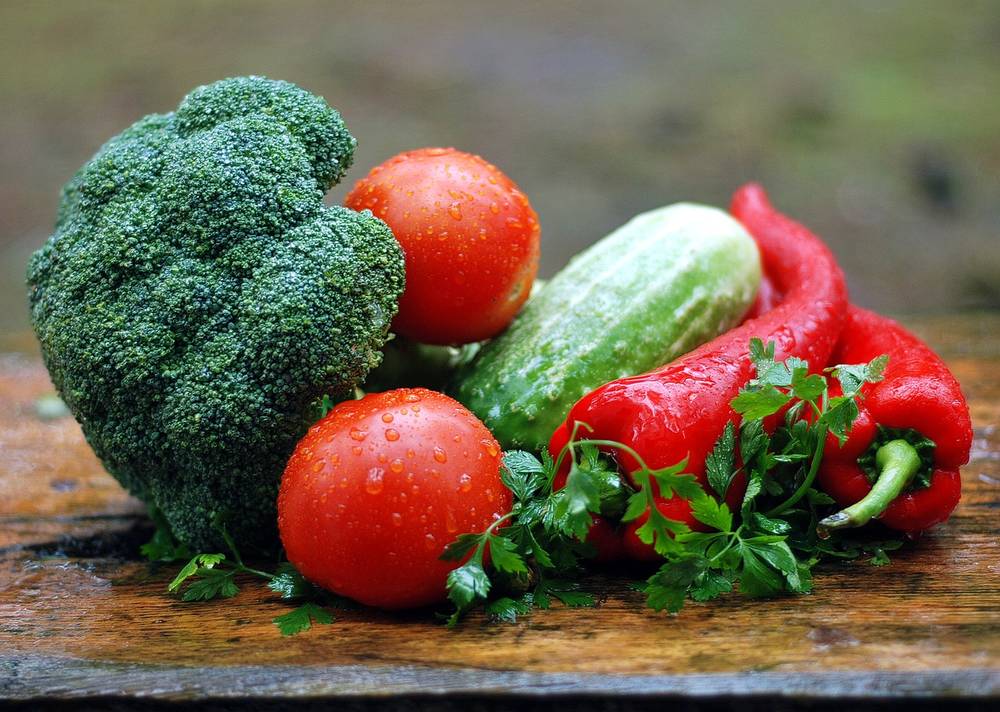The Internet has an abundance of articles and posts about cancer. People want to educate themselves more about the harms and threats that simple everyday things may bring, that can potentially cause cancer.
Articles about food and cancer are probably the most numerous of all. Every day there seems to be a new study that warns people of potential threats coming from their favorite food items. But while some of the foods, like processed meat and alcohol, have been proven to be the cancer triggers, other foods are blamed for no reason.
What potentially can cause cancer is stress that people get from depriving their organisms of foods that actually bring no harm. Chronic stress has a strong connection to cancer, as it gradually exhausts your body.
So let’s take a look the most popular food-related myths about cancer and clear some confusing facts up.
1. Having Sugar in Your Diet Can Cause Cancer
The source of the myth:
It’s common knowledge that our bodies need sugar for energy. LDH (lactose dehydrogenase) is responsible for converting sugar into food for our cells, which helps them maintain energy balance.
Cancer patients have higher LDH levels because cancer cells aggressively devour all the energy the body gets from glucose in order to grow, which leaves other cells from this source of nourishment. The idea behind the myth is that if we cut sugar from the diet, LDH will have nothing to convert into energy, thus there will be no source for cancer cells to feed on.
What do the studies say?
- National Health and Nutrition Examination Survey has found that high sugar intake has no significant connection to causing cancer compared to other factors like gender, age, and ethnicity.
- American Institute for Cancer Research also supports the fact that there’s no direct link between sugar and cancer cells. It is obvious that if a person reduces glucose intake, healthy cells will have no fuel to feed on either. Thus, there’s no resource for them to fight cancer cells.
The verdict
Although authoritative resources claim there’s no direct connection between sugar intake and cancer, there’s an indirect connection. High sugar intake is linked to obesity, which substantially increases the risk of cancer. So, although there’s no evidence that sugar and cancer are directly linked, it’s important to watch your diet to maintain healthy body weight.
2. Switching to a Vegetarian Diet Substantially Reduces Cancer Risks
The source of the myth:
Since the study that linked processed meat and red meat to cancer came out, more and more people started switching to a vegetarian or vegan diet. The idea that including more fibr and wholesome foods into your diet is a surefire way to reduce cancer risks started to attract more and more people, thinking that a vegetarian diet is a superweapon against cancer.
What do the studies say?
- The BMC Public Health study, that investigated the connection between breast cancer and meat consumption, has found that the high consumption of processed meat and dietary patterns where meat prevails can, in fact, increase the risks of breast cancer. Nevertheless,
age , gender, ethnicity, genetics, weight, and other factors still prevail over these dietary patterns. - American Association for Cancer Research, after studying 2,939 cancer cases, has identified that certain dietary patterns that involve eating more vegetables and less meat confer protection against cancer.
The verdict
This myth is true to some extent. While vegetarian diets increase isoflavone intake, which partially contributes to lower cancer risks, it is still recommended to keep a balanced diet, where products, high in fiber, prevail, minimize the intake of red meat and processed meat, including fermented milk products instead.
3. Overcooked Foods Can Give You Cancer
The source of the myth:
There have been some evidence of overcooked and burnt foot causing cancer. Some animal studies have shown that acrylamide (a chemical compound that releases in fried and overcooked food) increases cancer risk. Thus, these results have lead people to think that overcooked, fried and burnt foods can be cancerous for people as well.
What do the studies say?
- World Cancer Research Fund has performed a study across Europe to find the connection between overcooked foods and cancer. The study didn’t find any strong evidence, suggesting that the human body is more resistant to this chemical. However, the researchers still recommend avoiding overconsumption of these foods, switching to a more wholesome diet.
- National Cancer Institute with the reference to multiple studies suggests that, although rodents were found to be more at risk of having cancer because of acrylamide, people absorb it in a very different way, and in the human body, this chemical is metabolized differently as well.
The Verdict
Although there’s no direct link between overcooked foods and cancer, they still can affect our bodies in a variety of ways, causing digestive problems and obesity, which, in their turn, are directly linked to cancer.
The Bottom Line
Food-related cancer myths definitely have a strong factual base behind them, but they are still quite misunderstood. Although some of them, like the myth about the vegetarian diet, are actually true, there are still lots of misconceptions about foods and their impact on cancer risks. So keep your facts straight and be healthy!
Author’s bio:
Daniela McVicker is a contributor to Topwritersreview. She is also an experienced writer with a degree in social psychology from Durham University. Daniela is primarily focused on writing about self-improvement. She has authored a number of insightful and motivating articles like “Making The Right Choices Every Day” and “7 Steps To Open Yourself To New Opportunities & Possibilities”.











